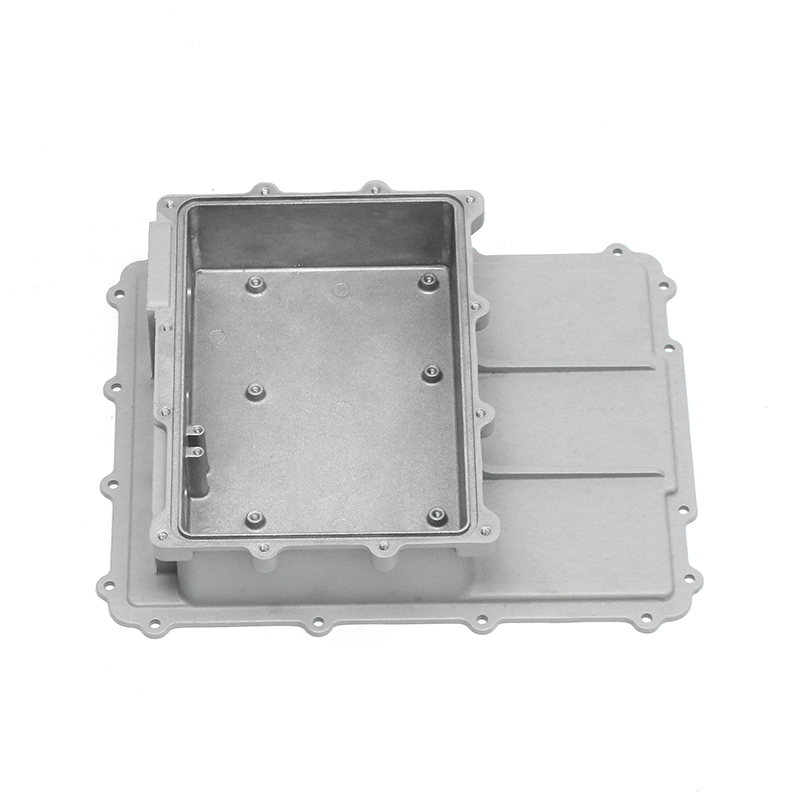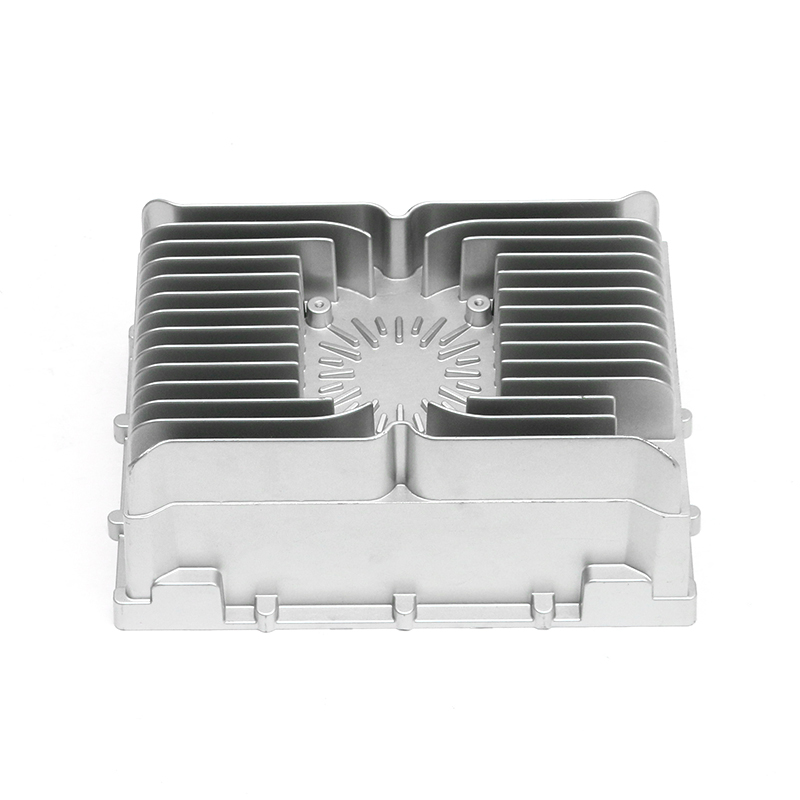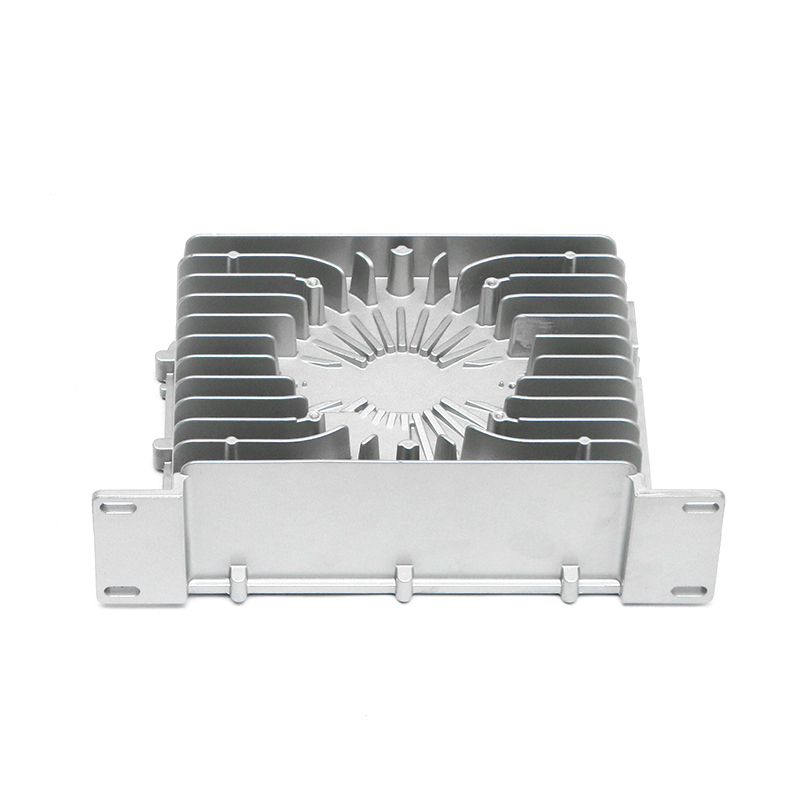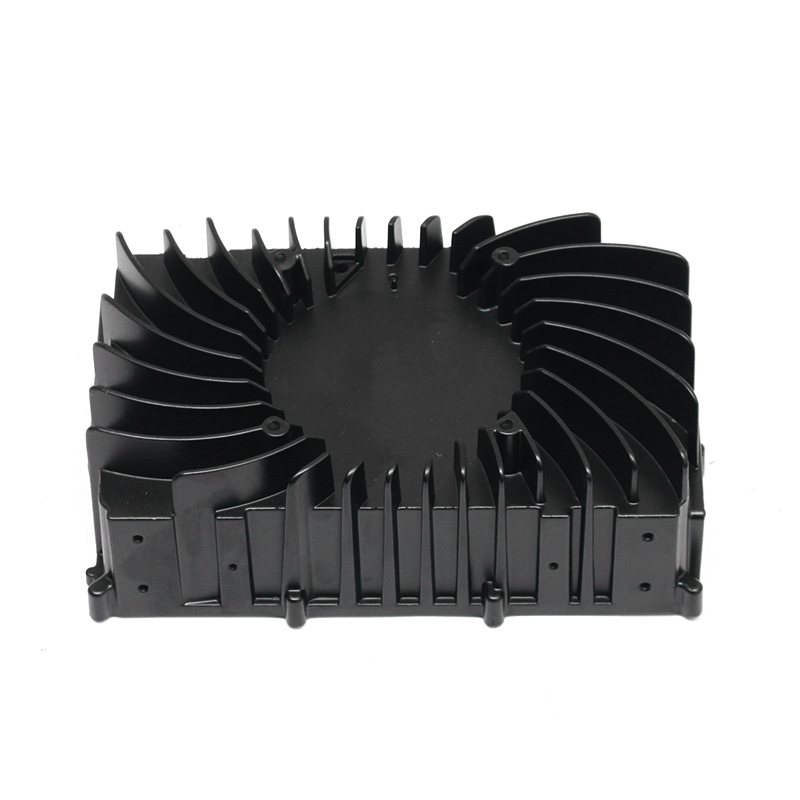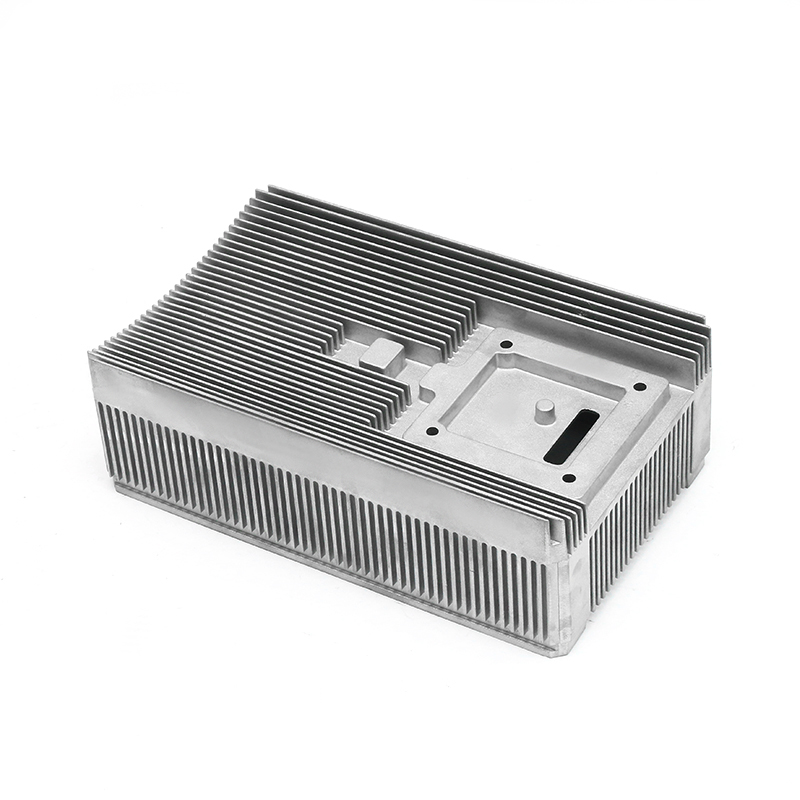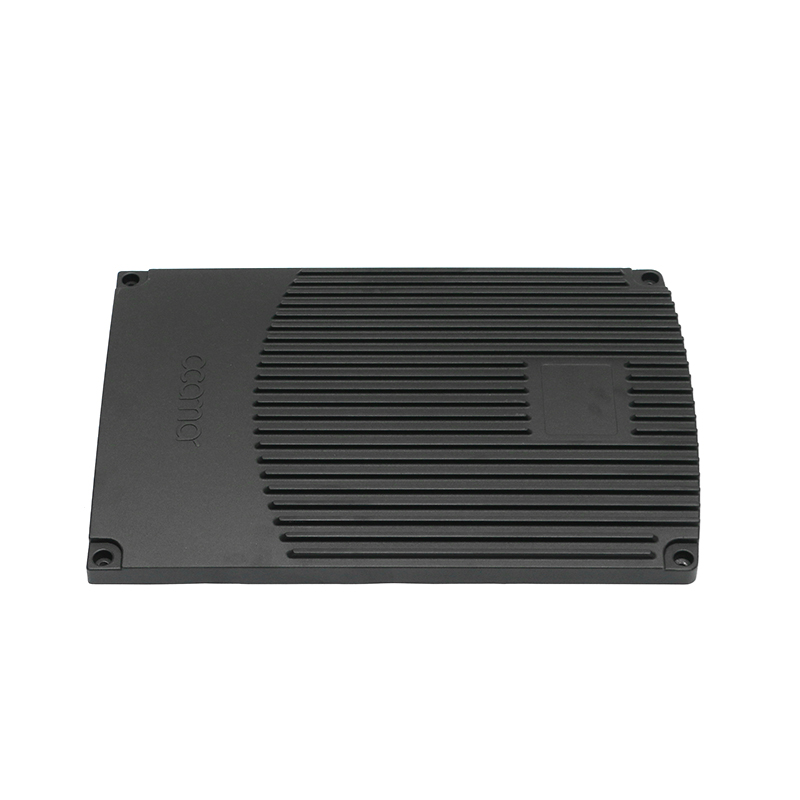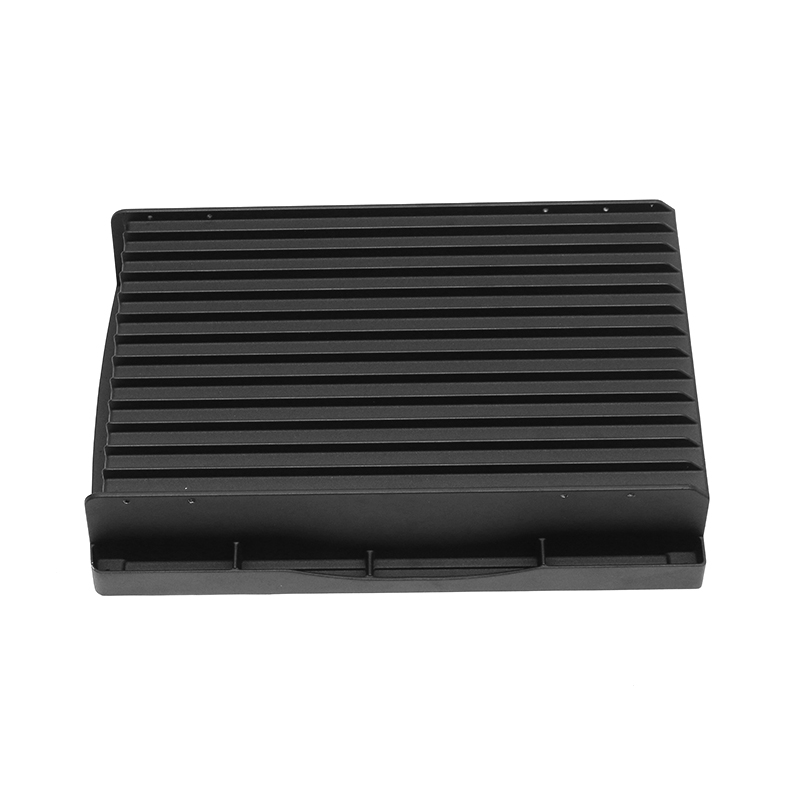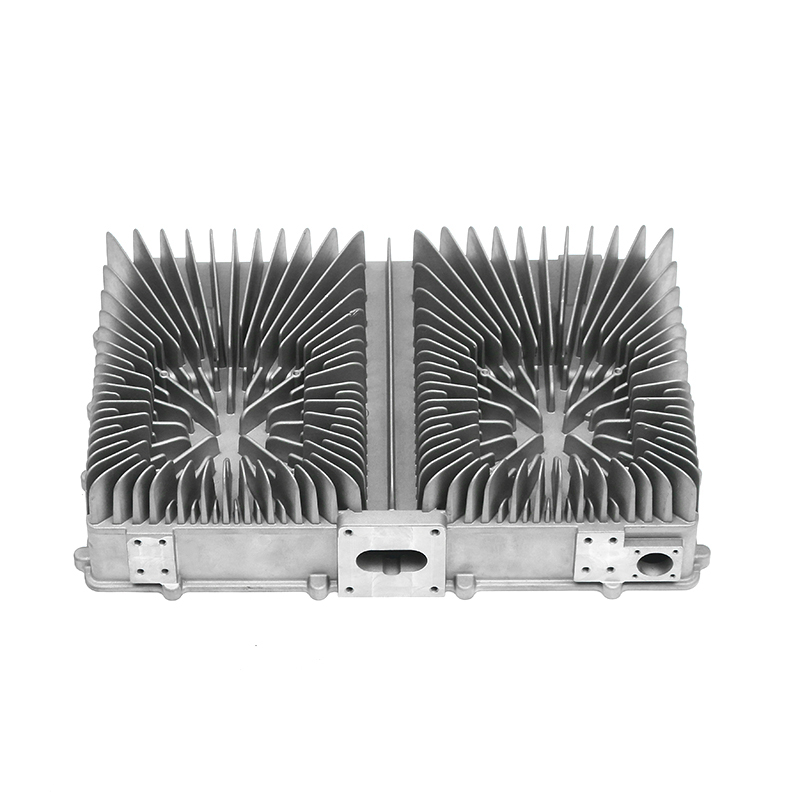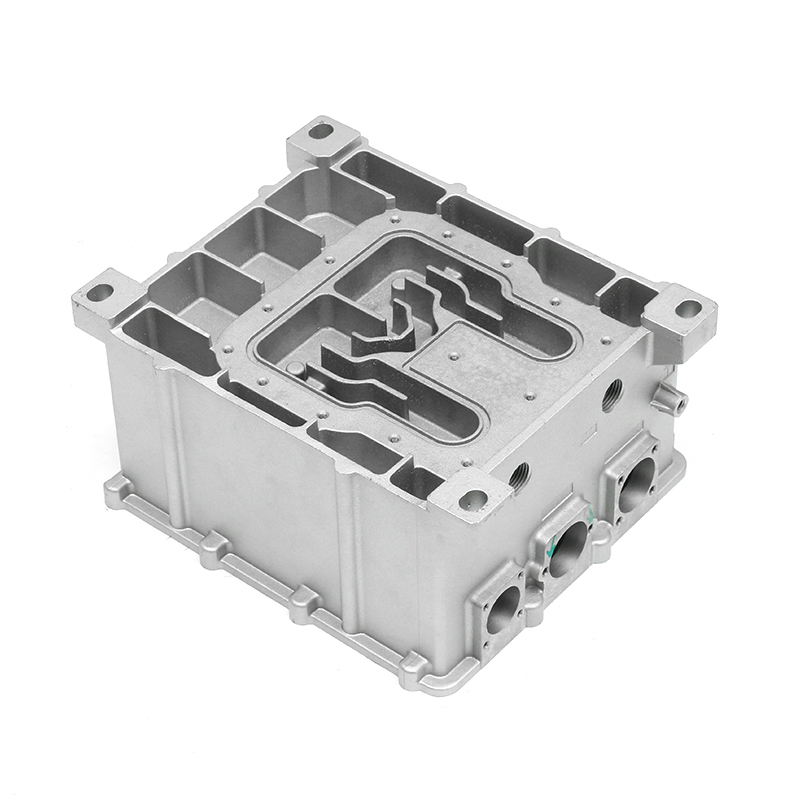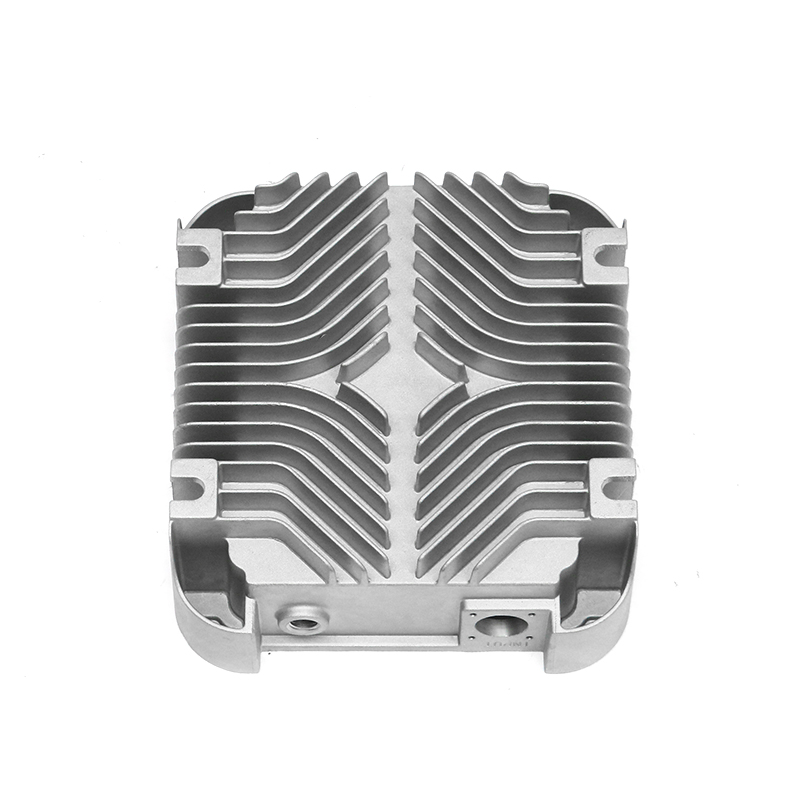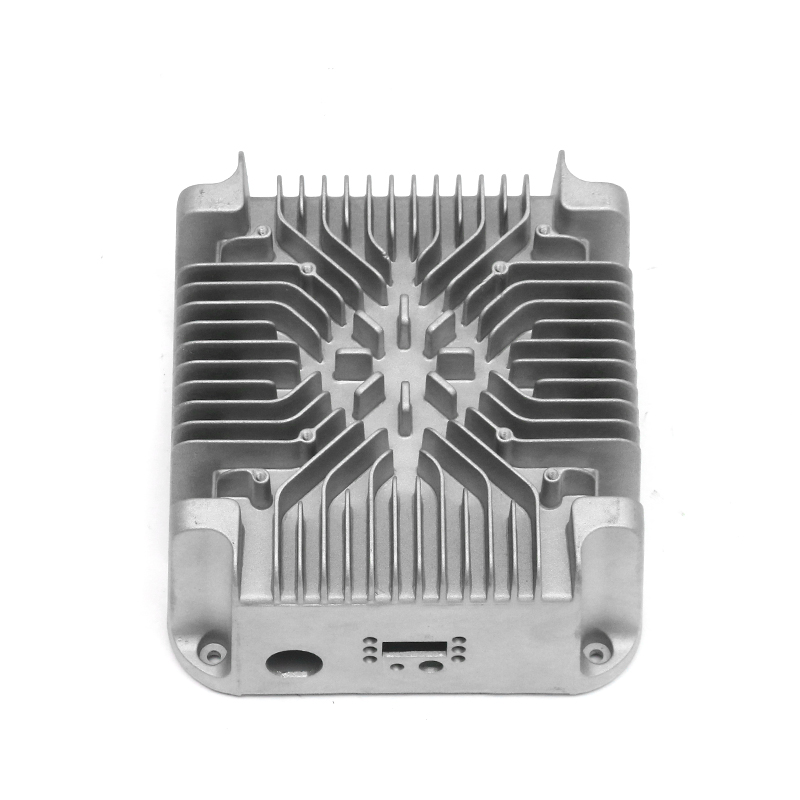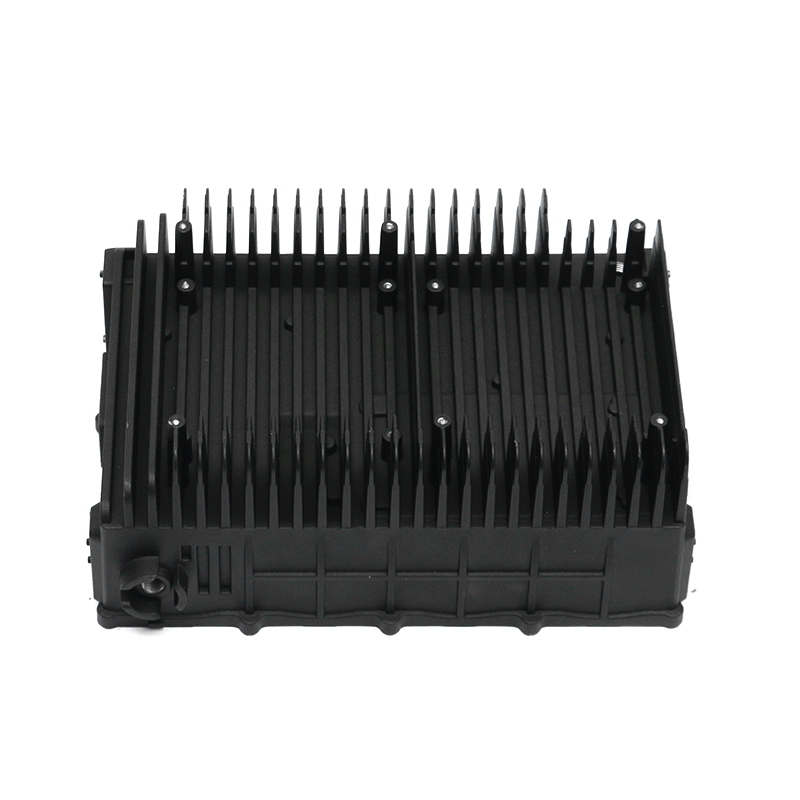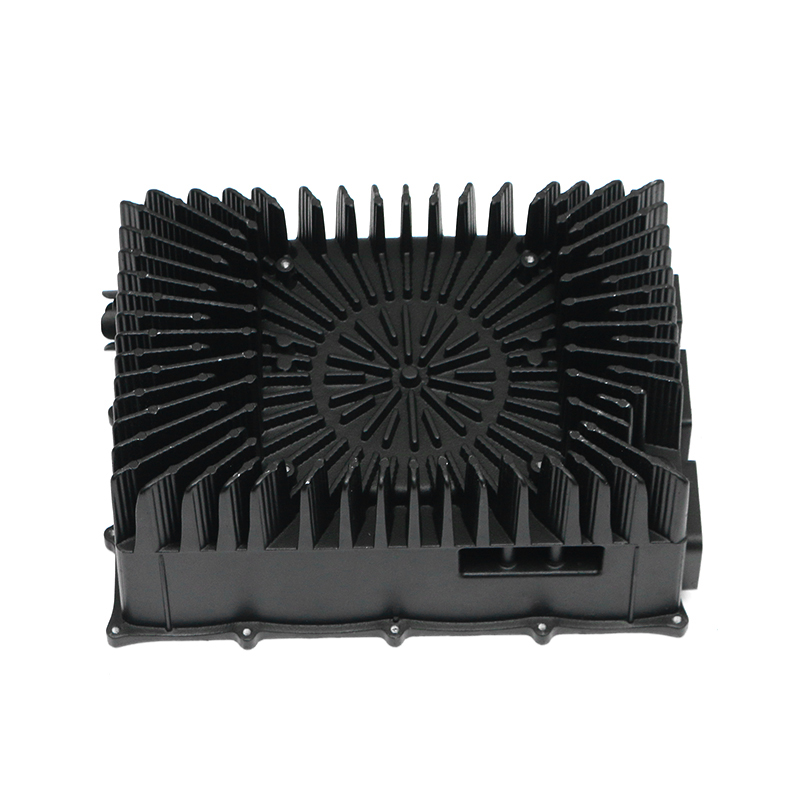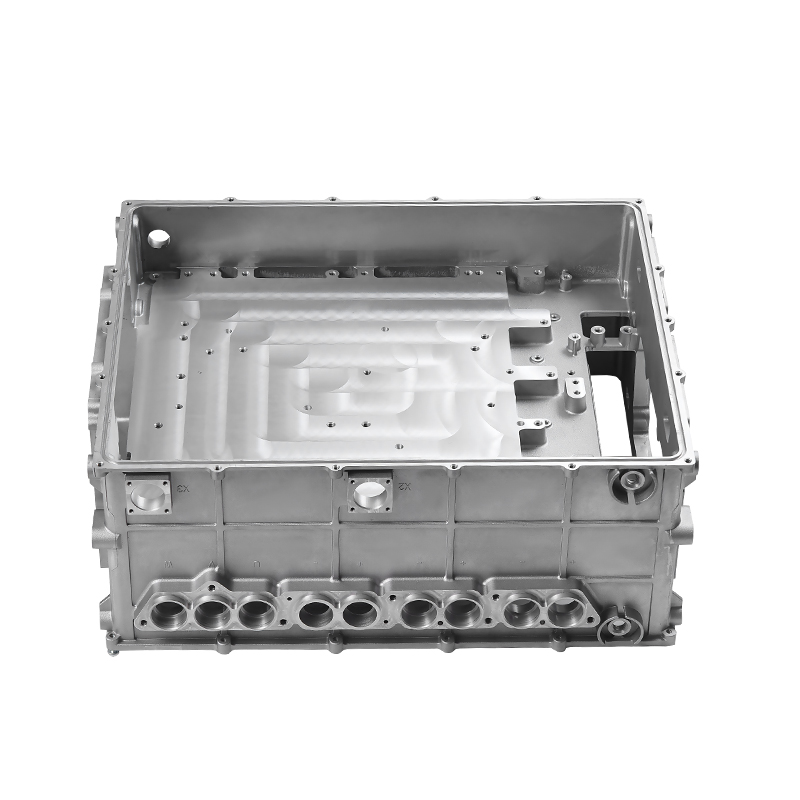Material selection for automotive water pump die castings
Car water pump die castings often use aluminum alloy or zinc alloy materials. Aluminum alloy has become the mainstream choice for its light weight, good thermal conductivity and excellent processing performance. In terms of corrosion resistance, aluminum alloy itself has certain anti-oxidation properties, and a dense oxide film can naturally form on the surface, which helps to slow down the further corrosion process.
The corrosion resistance of different aluminum alloy grades varies, and the specific material composition and the proportion of added elements will affect the final performance. Therefore, material suppliers and manufacturers usually select suitable alloy grades according to actual working conditions and corrosive environments to ensure that die castings have good corrosion resistance during use.
The impact of die casting process on corrosion resistance
The manufacturing process plays an important role in the corrosion resistance of die castings. During the die casting process, reasonable temperature control and injection speed can effectively reduce defects such as pores and shrinkage cavities, thereby reducing the risk of corrosive media penetrating into the material.
Surface treatment technology is particularly critical to improving corrosion resistance. Common surface treatment methods include anodizing, electrophoretic coating and spraying protective coating. Anodizing can form a hard and corrosion-resistant oxide film on the surface of aluminum alloy, enhancing its corrosion resistance. Electrophoretic coating blocks the erosion of water vapor and corrosive media by covering the surface with a uniform protective coating. Reasonable manufacturing process and surface treatment can significantly improve the corrosion resistance of car water pump die castings and extend their service life.
Corrosive environment faced by car water pump die castings
During operation, car water pumps are exposed to coolant for a long time. Coolant often contains antifreeze, preservatives and various additives. These chemical components have a certain corrosive effect on die casting materials.
When the engine is running, the temperature changes frequently, and thermal expansion and contraction may also cause tiny cracks in the material, becoming a potential entry point for corrosion. In addition, external environmental factors such as road dust, water vapor, and salt may accelerate the corrosion of die castings. Car water pump die castings must have the ability to resist chemical corrosion of coolant and environmental erosion to ensure the stable operation of the cooling system.
Anti-corrosion measures and technological development
In response to corrosion problems, manufacturing companies and scientific research institutions continue to develop a variety of protective technologies:
* Optimize alloy composition: By reasonably adjusting the proportion of alloy elements, the natural corrosion resistance of the alloy is improved.
* Advanced surface treatment technology: The application of new materials such as nano-coatings and ceramic coatings enhances the density and wear resistance of the surface protective layer.
* Closed design: Improve the design of die-castings to reduce the possibility of direct contact between coolant and key structures and reduce the risk of corrosion.
* Regular maintenance and inspection: By regularly replacing coolant and inspecting the surface condition of die-castings, early corrosion problems can be discovered and dealt with in a timely manner.
The combined application of these measures helps to effectively control the corrosion process of automotive water pump die-castings and improve their stability in use.
The impact of corrosion resistance on the performance of automotive water pumps
Car water pump die-castings with good corrosion resistance can ensure that the water pump operates continuously and stably under high temperature and high pressure conditions. Material damage caused by corrosion will not only reduce the efficiency of the water pump, but may also cause leakage, seal failure, and even pump body rupture, posing safety hazards to the car. In the long run, improving the corrosion resistance of die-casting parts will help reduce maintenance frequency and costs, and improve the reliability and user experience of the entire vehicle.

